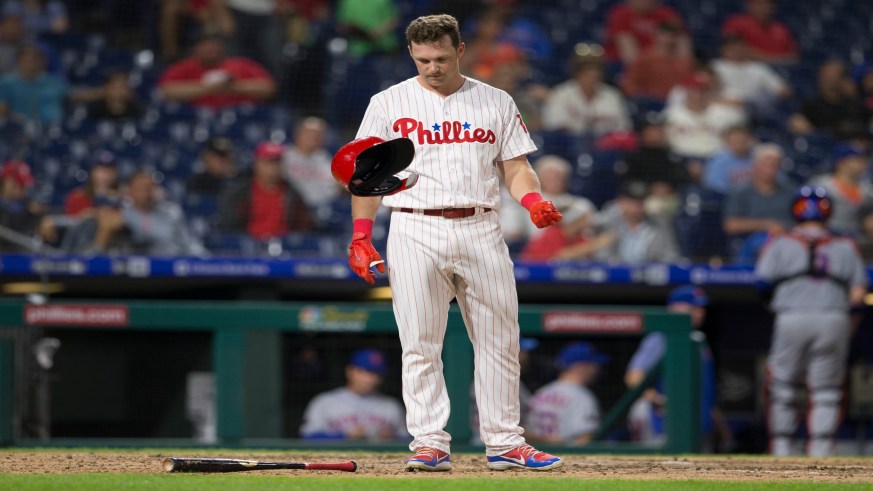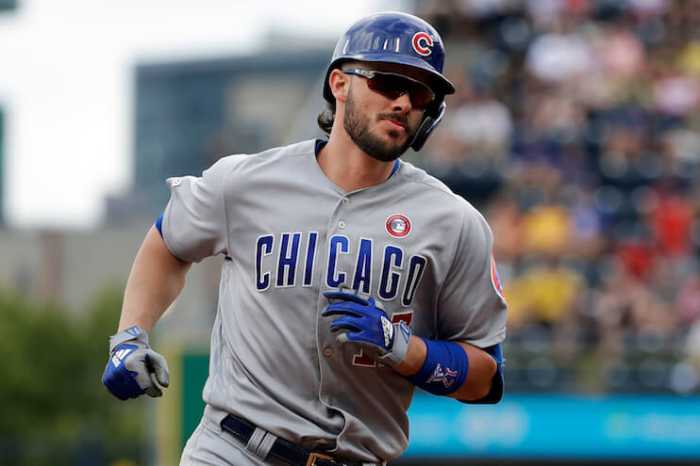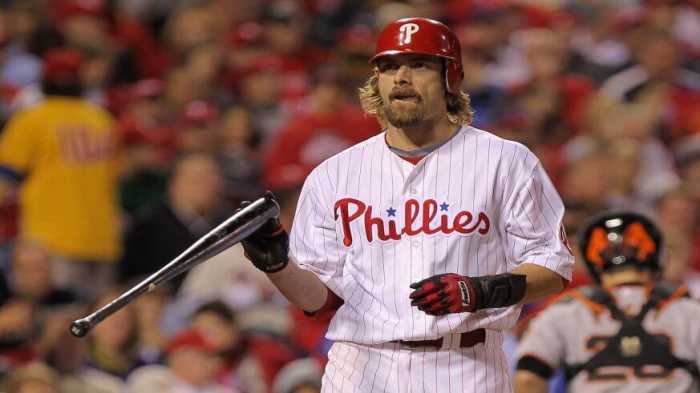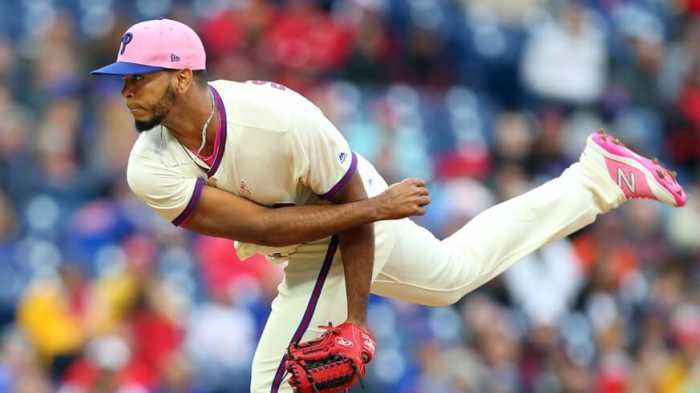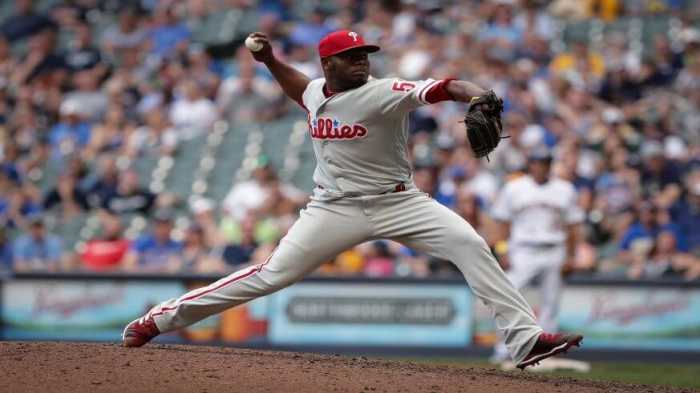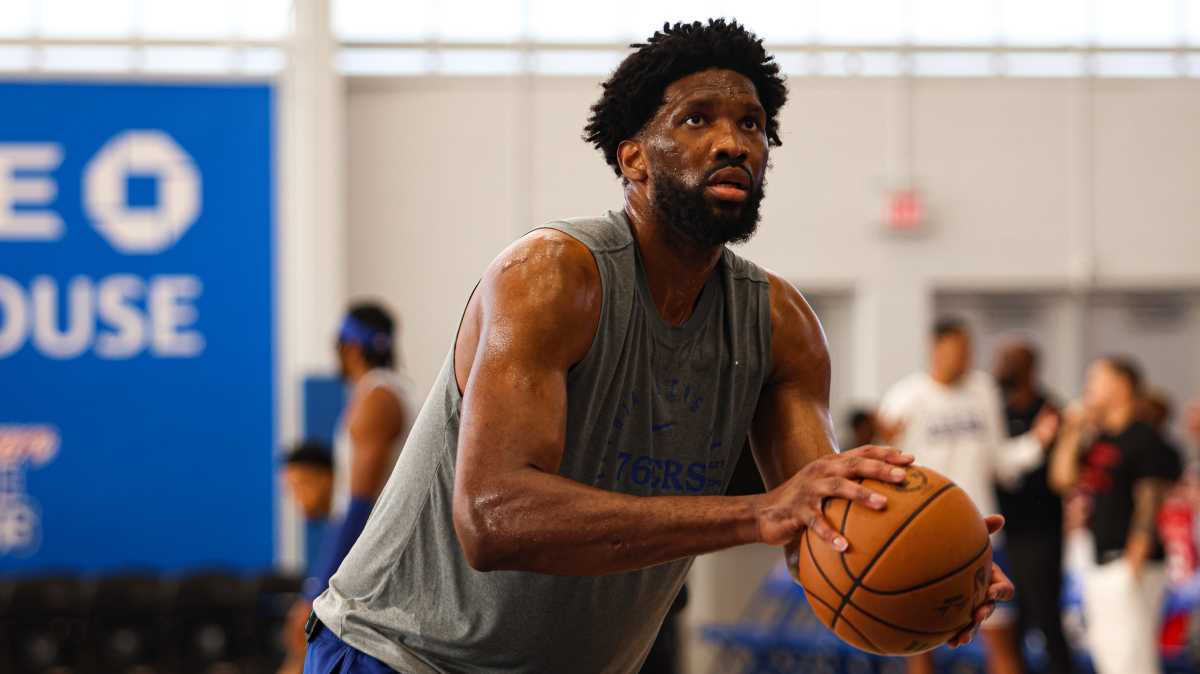The Phillies 9-4 loss to the New York Mets on Monday all but put the nail in the coffin for the team’s 2018 postseason aspirations.
Instead of picking up a crucial game in the National League East division race against the Atlanta Braves, the Phillies remained 6.5 games behind their division foes with just 13 games left to play.
Mathematically, they haven’t been eliminated – they play the Braves seven times to end the year – but there’s no reason to believe that this team who has had a brutal August and September so far will find a way out of their losing ways to steal a playoff spot.
Here are five reasons why the Phillies’ season has fallen apart.
1. Chemistry issues
In June and July, the Phillies went a combined 28-25, which equaled out to a .528 winning percentage. In August and September, the Phillies have gone a combined 17-25 for a .404 winning percentage up to this point. Many contribute this collapse to team chemistry.
The Phillies added Asdrubal Cabrera, Wilson Ramos, Jose Bautista, and Justin Bour to try to inject life into the Phillies offense at the deadline, but it has backfired for the young team.
“We have theories about different things that may have contributed [to the collapse],” general manager Matt Klentak said. “It’s probably some kind of combination of a lot of things. I will not sit here and tell you the chemistry changed in such a way that that is the reason we struggled. I don’t believe that.”
Chemistry is certainly not the only issue, but it has definitely played a role in the Phillies demise.
2. Peaked too soon
Prior to the season, Fangraphs had the Phillies finishing 74-88, good for fourth in the National League East behind the Nationals, Mets and Braves. This was prior to the Phillies acquiring Jake Arrieta, but his 10-9 record this season has not moved the needle enough to really make a huge impact in that projection.
At 76-73, the Phillies have already beaten that projection and will finish at worst in third place in the National League East. But if they hadn’t had such a strong start, would there even be a conversation now?
Therefore, the Phillies may just be as good as national pundits had pegged them before the season.
3. The team can’t hit
As a team, the Phillies are tied for the 25th worst team batting average in the majors at .238. They’ve produced 641 runs which rank 22nd in the majors and 1,192 hits which rank 29th. They also rank third in the majors in strikeouts with 1,393.
When you can’t manufacture offense, you’re not going to win many games no matter how good your pitching staff is. This has certainly played a major role in the Phillies decline.
4. Pitching collapse
In July, the Phillies’ pitching staff amassed a 15-11 record which ranked ninth in the majors and had an ERA of 3.26 which ranked third.
In August, the staff dropped to 17th in wins at 13-14 and 14th in ERA at 4.05. In September, the staff has dropped all the way down to 27th in wins at 4-11 and 26th in ERA at 5.18.
For a team that hasn’t been hitting, the demise of the pitching staff has proved to be devastating. Tacking on an extra two runs a game that the team would need to win has proven to be too great of a challenge.
5. Bad team management
At the end of the day, everything that has gone wrong can be boiled down to bad team management. For a manager in Gabe Kapler that values analytics in his decision-making, there have been plenty of examples throughout the season where he didn’t put the Phillies in a position to win baseball games.
“It’s not one thing,” Kapler said regarding the Phillies struggles. “It’s a collection of many, many things. And to try to boil it down to one thing doesn’t appreciate all the variables.”
This sentiment doesn’t inspire much hope for the Phillies fan base. As a manager, you should be able to pinpoint deficiencies and eliminate them. But if the past two months have proven anything, it’s that those deficiencies have only gotten worse.



